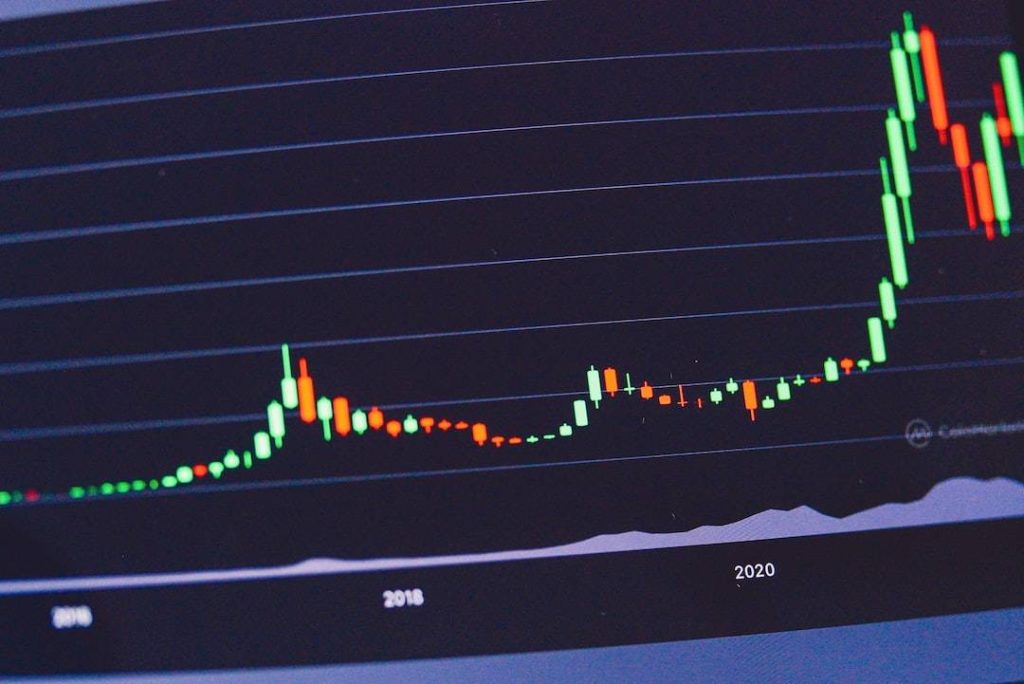Understanding the Call for Divestment in University Endowments
Student protests on university campuses demanding divestment from Israel have garnered attention, leading to discussions about university endowments. Endowments form a crucial financial backbone for educational institutions, often accumulated from philanthropic donations over time and invested to support operating costs. The demands for divestment include removing funds from companies supporting the Israeli war effort, doing business in Israel, or involved in activities perceived as unethical by the protesters. The complexity of endowment investments and the difficulty in ascertaining direct links to Israel pose challenges in responding to these demands.
Role of University Endowments in Funding Higher Education
1. Endowments are financial assets that support universities’ operating costs.
2. They are primarily derived from alumni donations and investments.
3. Endowments play a pivotal role in sustaining the financial health of universities.
4. These funds are managed by professionals who invest in various financial instruments.
5. Returns generated from these investments are used to fund academic programs, scholarships, and infrastructure development.
Challenges in Identifying Investments Linked to Israel
1. Endowment managers invest in a diverse portfolio of assets, making it challenging to pinpoint specific investments related to Israel.
2. Corporate disclosures do not always provide clear information on business operations in specific countries.
3. Companies may group their international operations under broad geographical categories, making it difficult to isolate connections to Israel.
4. Student activists compile lists of companies engaged with Israel to advocate for divestment from these entities.
5. Major companies, including those in the S&P 500, likely have business dealings with Israel, complicating divestment efforts.
The Influence of Past Divestment Movements
1. Student protesters draw parallels to the South Africa divestment movement in the 1980s when discussing the potential impact of divestment.
2. Despite limited evidence of economic impact, divestment from South Africa contributed to political pressure for change.
3. The South Africa divestment movement serves as a historical reference for student-led campaigns targeting countries or companies perceived as engaging in unethical practices.
4. While divestment may not have a direct economic impact, it can influence political discourse and public perception of certain issues.
Considerations for Universities Facing Divestment Demands
1. Universities weigh the financial implications of divestment on their endowments.
2. Lower returns or increased risk from divestment decisions could affect future financial stability and funding for students.
3. Balancing current student demands with the long-term financial sustainability of the institution is a key challenge for university administrators.
4. Divestment is viewed as a means of signaling disapproval or taking action, but its effectiveness in driving lasting change is debated.
5. The decision to divest involves complex trade-offs between financial considerations and ethical stances on investment practices.
Hot Take: Evaluating the Impact of Divestment in University Endowments
In conclusion, the call for divestment from Israel in university endowments highlights the intersection of financial management, ethical considerations, and student activism. While divestment can serve as a symbolic gesture of protest, its actual economic impact remains uncertain. University administrators face the challenge of balancing current demands for divestment with long-term financial sustainability. As students advocate for ethical investment practices, the debate over the effectiveness of divestment in driving political change continues to evolve. Ultimately, the decision to divest reflects a nuanced consideration of financial, ethical, and social factors in managing university endowments.





 By
By
 By
By
 By
By


 By
By